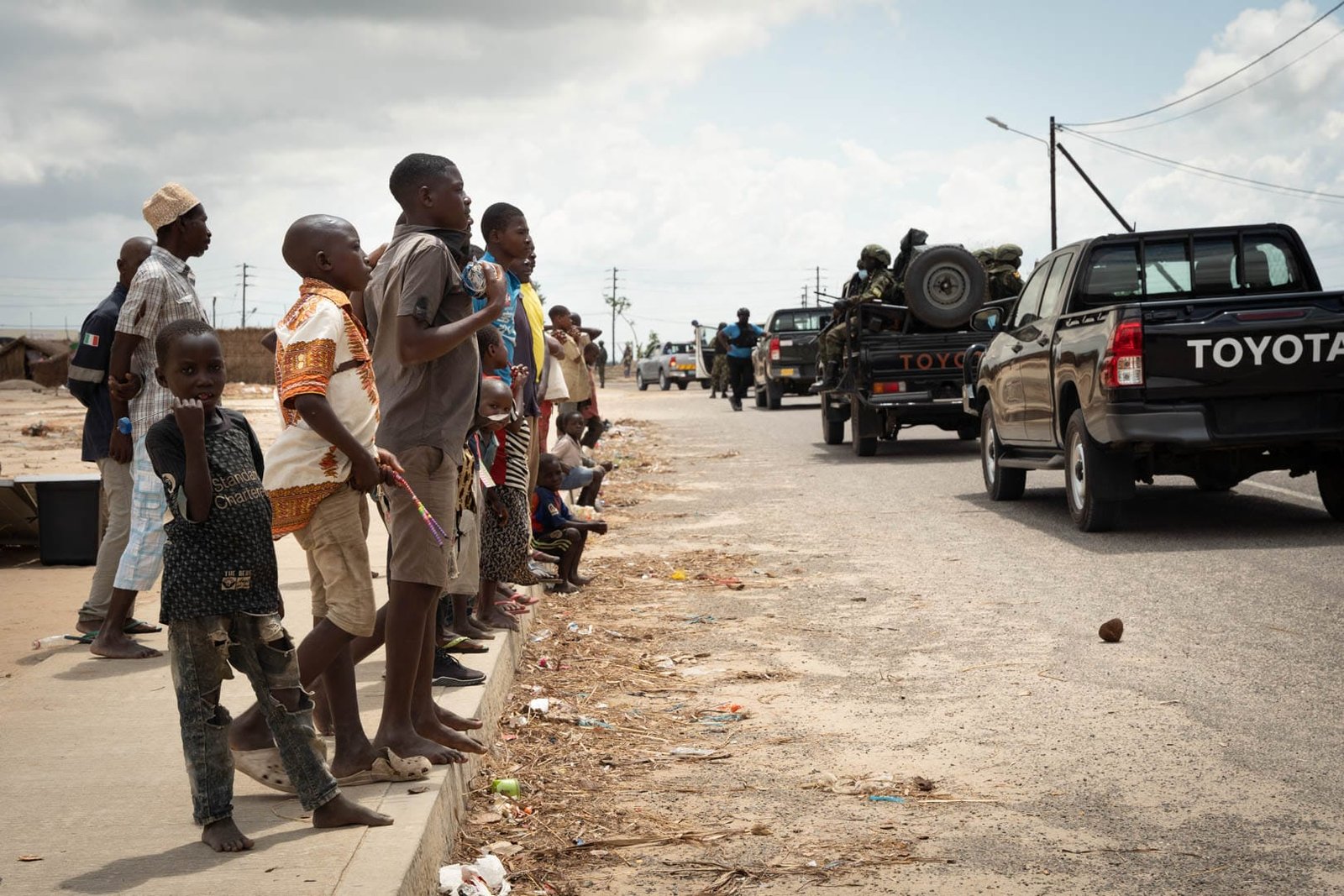Crisis in Mozambique: Thousands Displaced by Jihadist Attacks
Mozambique’s government has confirmed that tens of thousands of people have been displaced from their homes due to a recent surge in jihadist attacks in the restive north of the country. The cabinet spokesman, Filimão Suaze, stated that 67,321 people have fled the armed attacks in recent weeks in Cabo Delgado province. Authorities are working to improve the accommodation conditions for the displaced population. The government has not declared a state of emergency despite the escalating crisis.
In the past few weeks, the Islamic State terror group has claimed responsibility for several attacks and fatalities, particularly in the south of Cabo Delgado province. This surge in violence follows a period of relative calm. The UN Office for the Coordination of Humanitarian Affairs reported that, since December 22, a total of 71,681 people have been displaced due to attacks or the fear of attacks by non-state armed groups. Notably, 69% of the displaced individuals are women and children.
Cabo Delgado province has been grappling with attacks for six years, with an intensification of violence in recent weeks. Since July 2021, troops from Rwanda and the Southern African Development Community (SADC) have been deployed to support the Mozambican army in addressing the security challenges in the region.
The humanitarian situation is alarming, with a significant number of women and children affected by the displacement. The government’s rejection of a state of emergency raises questions about the overall response to the crisis. As jihadist activities persist and displacement continues, the international community may need to reassess its approach to address the security and humanitarian challenges in Mozambique, ensuring the well-being and safety of the affected population. Collaboration with regional partners and organizations is crucial to finding sustainable solutions to the longstanding conflict in Cabo Delgado province.



















